King Aleksandar's murder anniversary
Today marks the 74th anniversary of the assassination of King Aleksandar I Karađorđević in Marseille, France.
Thursday, 09.10.2008.
12:56

Today marks the 74th anniversary of the assassination of King Aleksandar I Karadjordjevic in Marseille, France. The assassination was organized by the Macedonian revolutionary party, the VMRO, and Ante Pavelic’s Ustasha movement. King Aleksandar's murder anniversary The assassin was killed at the scene, immediately after the shooting. Aleksandar was murdered as he sat in his car during a street procession through the streets of Marseille, while French Foreign Minister Louis Barthou was accidentally shot by a French policeman during the incident and died later. Italy, Hungary and Germany were suspected of involvement in the assassination of the Yugoslav King. The League of Nations launched an investigation into the involvement of certain countries, in what was, according to historian Momcilo Pavlovic, the first time that the term “International terrorism” had been used. “Owing to the state of Europe at the time, the Great Powers, via manipulation and their policies, managed to divert attention from Italy, so that Yugoslavia started to lay the blame at Hungary’s door,” Pavlovic said. King Aleksandar was one of the most important Serbian and Yugoslav rulers. He based his foreign policy on preserving and improving friendly relations with the Great Powers, but was also dedicated to creating the so-called Little Entente, whose goal was to fight fascism. He was one of the pioneers of the Yugoslav idea, which, according to then Crown Council member Dragomir Acovic, cost him his life. “The people behind his murder, and the amount of time it took them to prepare it, attest to his importance, which went beyond a small country as Yugoslavia was back then,” Acovic says. Historians agree that the destiny of the region would probably have taken a different course had the king not been murdered. The assassination was a huge turning point, as it marked the start of the final crisis that could not be averted, historian Cedomir Antic says. “It’s a big question, what course history would have taken had he lived. He was young and he would have probably remained politically active during the 1940s and 1950s,” Antic says. It was one of the first assassinations captured on film, up to the last detail, and remains one of the most important historical newsreels. The French cameraman who captured not only the assassination, but the bloody aftermath too, died almost immediately after the assassination from a heart attack caused by stress.
King Aleksandar's murder anniversary
The assassin was killed at the scene, immediately after the shooting.Aleksandar was murdered as he sat in his car during a street procession through the streets of Marseille, while French Foreign Minister Louis Barthou was accidentally shot by a French policeman during the incident and died later.
Italy, Hungary and Germany were suspected of involvement in the assassination of the Yugoslav King. The League of Nations launched an investigation into the involvement of certain countries, in what was, according to historian Momčilo Pavlović, the first time that the term “International terrorism” had been used.
“Owing to the state of Europe at the time, the Great Powers, via manipulation and their policies, managed to divert attention from Italy, so that Yugoslavia started to lay the blame at Hungary’s door,” Pavlović said.
King Aleksandar was one of the most important Serbian and Yugoslav rulers. He based his foreign policy on preserving and improving friendly relations with the Great Powers, but was also dedicated to creating the so-called Little Entente, whose goal was to fight fascism.
He was one of the pioneers of the Yugoslav idea, which, according to then Crown Council member Dragomir Acović, cost him his life.
“The people behind his murder, and the amount of time it took them to prepare it, attest to his importance, which went beyond a small country as Yugoslavia was back then,” Acović says.
Historians agree that the destiny of the region would probably have taken a different course had the king not been murdered. The assassination was a huge turning point, as it marked the start of the final crisis that could not be averted, historian Čedomir Antić says.
“It’s a big question, what course history would have taken had he lived. He was young and he would have probably remained politically active during the 1940s and 1950s,” Antić says.
It was one of the first assassinations captured on film, up to the last detail, and remains one of the most important historical newsreels. The French cameraman who captured not only the assassination, but the bloody aftermath too, died almost immediately after the assassination from a heart attack caused by stress.











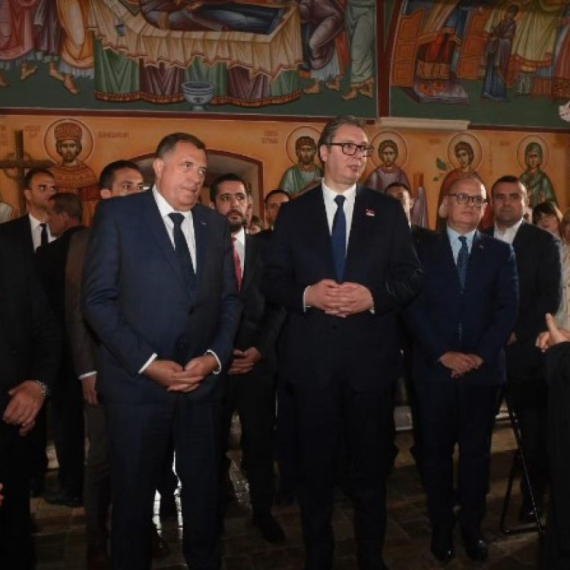


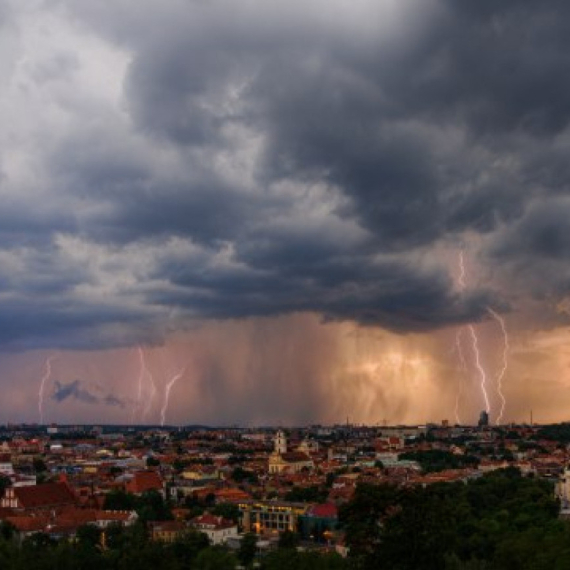
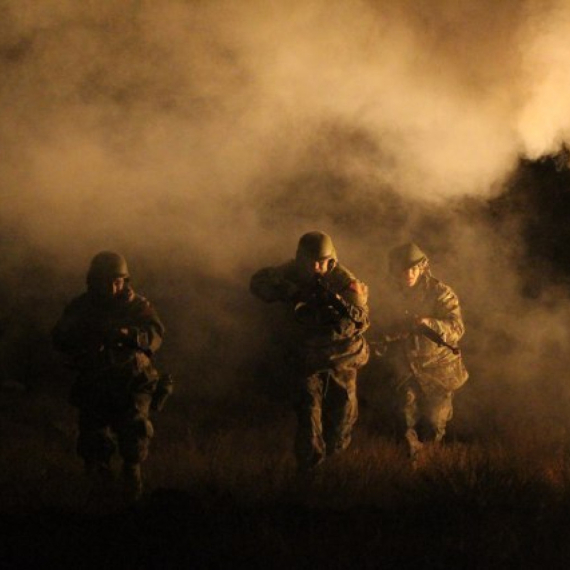

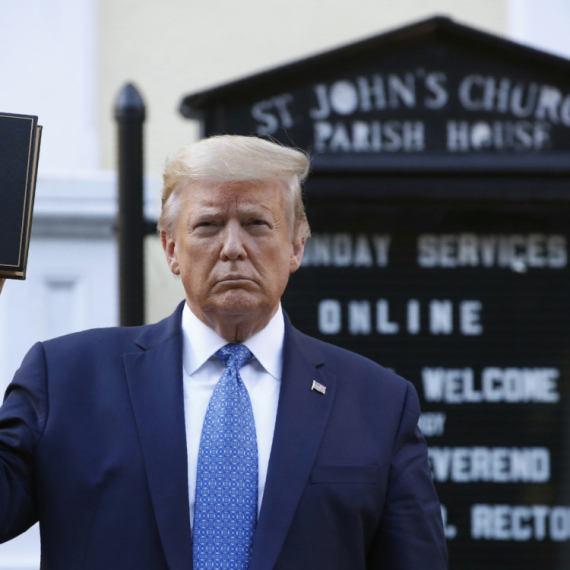
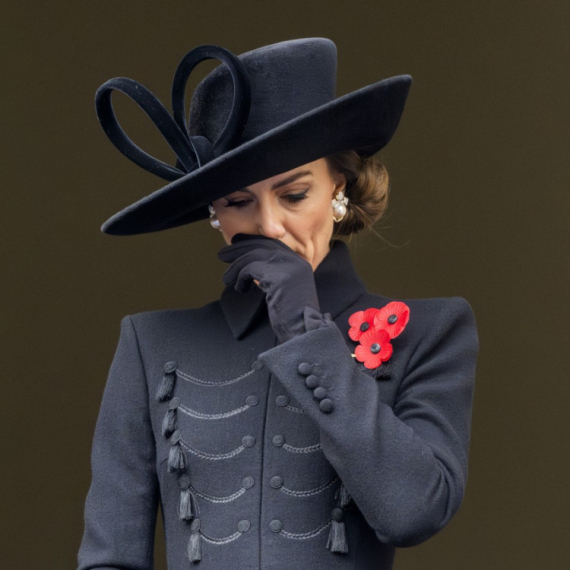


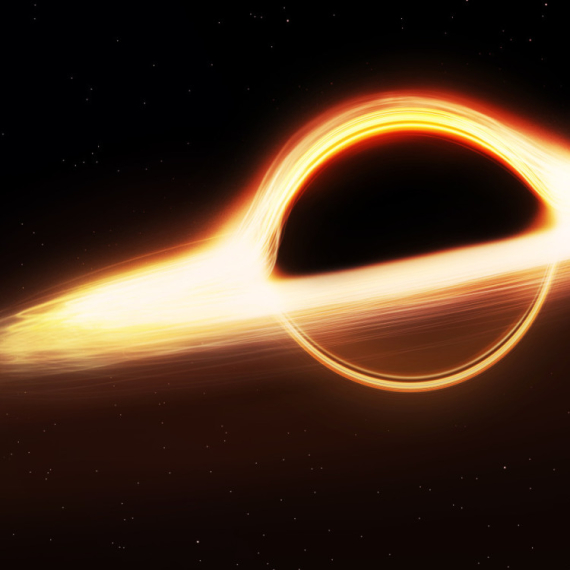









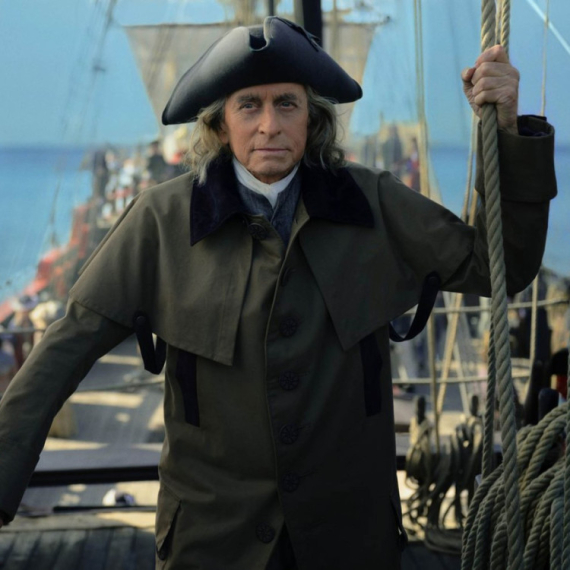








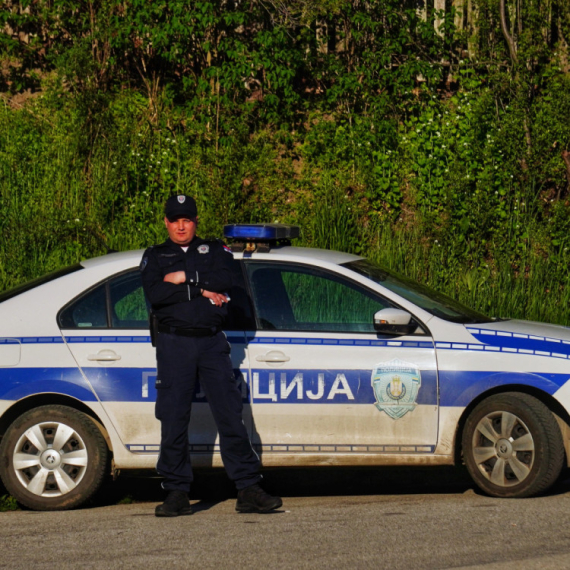
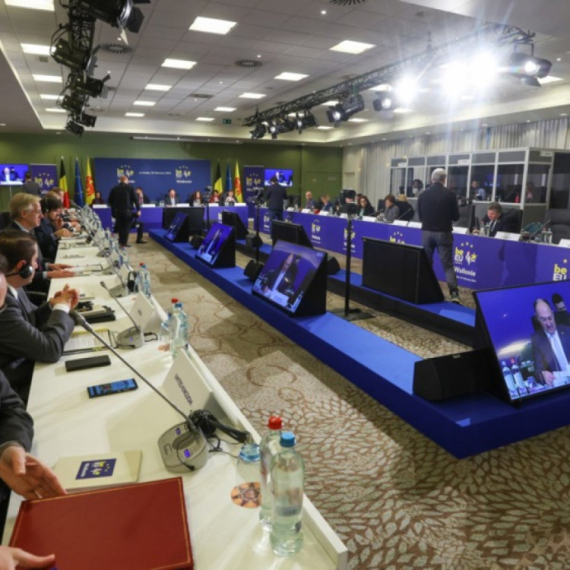
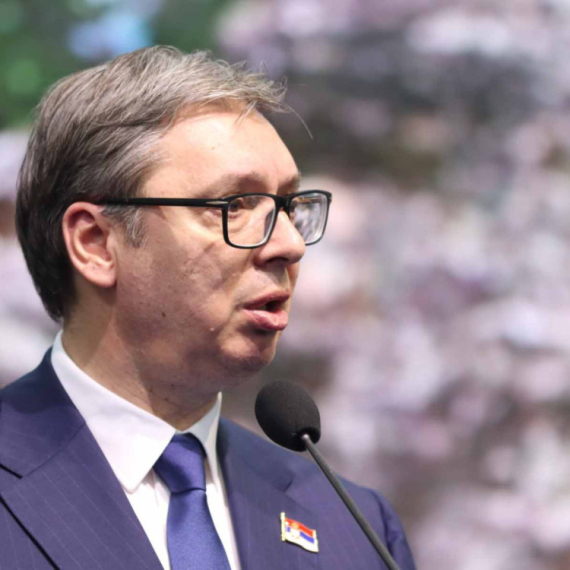















Komentari 7
Pogledaj komentare